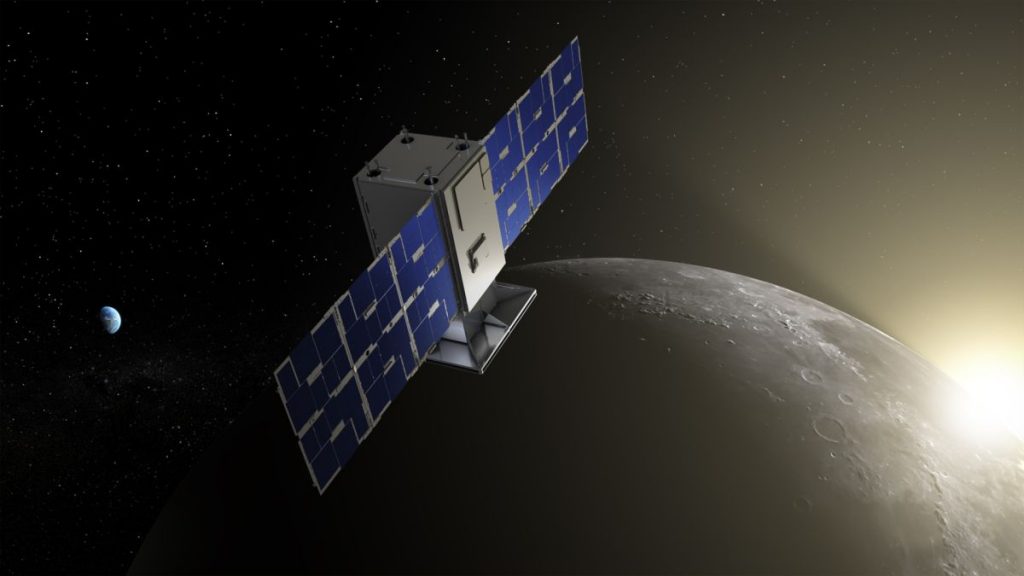The launch of NASA’s CAPSTONE moon mission has been pushed back again, this time to no earlier than June 25.
NASA and launch provider Rocket Lab had been eyeing yesterday (June 13) as the soonest possible liftoff date for CAPSTONE, which will send a 55-pound (25 kilograms) cubesat to the moon. But the CAPSTONE team has pushed the target date to June 25, NASA officials announced in a brief blog post today (June 14).
That single-sentence update does not give a reason for the delay.
Related: Rocket Lab and its Electron booster (photos)
NASA sees CAPSTONE (short for “Cislunar Autonomous Positioning System Technology Operations and Navigation Experiment”) as a key part of its Artemis program of lunar exploration.
If all goes according to plan, the microwave-oven-sized satellite will settle into a near rectilinear halo orbit (NRHO) around the moon, a highly elliptical path that will also be occupied by Gateway, the small space station that will serve as a jumping-off point for Artemis astronauts headed to the lunar surface.
No probe has ever occupied a lunar NRHO, so “CAPSTONE will help reduce risk for future spacecraft by validating innovative navigation technologies and verifying the dynamics of this halo-shaped orbit,” NASA officials wrote in a mission description (opens in new tab).
CAPSTONE will do some other work during its pioneering mission as well. For example, the cubesat will perform communications and navigation tests in tandem with NASA’s Lunar Reconnaissance Orbiter, which has been circling the moon since 2009.
CAPSTONE will lift off atop a Rocket Lab Electron booster from the company’s Launch Complex 1, on the Mahia Peninsula of New Zealand’s North Island.
Mike Wall is the author of “Out There (opens in new tab)” (Grand Central Publishing, 2018; illustrated by Karl Tate), a book about the search for alien life. Follow him on Twitter @michaeldwall (opens in new tab). Follow us on Twitter @Spacedotcom (opens in new tab) or on Facebook (opens in new tab).

